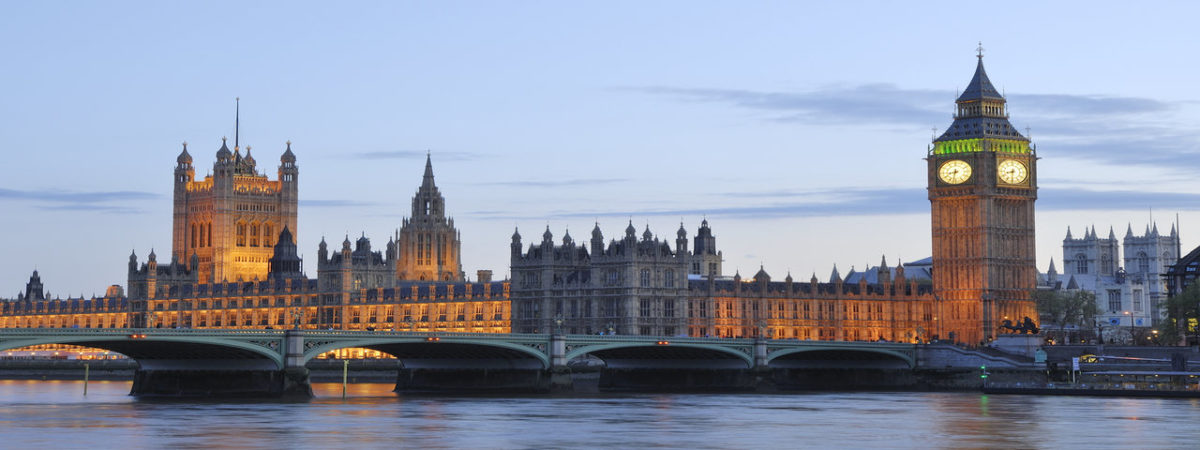Many of us have long argued that the welfare state underwrites irresponsible behaviour and crowds out the institutions that could have provided schools, hospitals and social insurances privately. Ultimately, of course, the welfare state leads to the nanny state as the government tries to regulate the undesirable private behaviour that, arguably, is encouraged by the welfare state. The action by the US government yesterday confirms that we now have a welfare state for bankers. The US government has sent a firm signal that irresponsible behaviour in financial markets will be underwritten by US taxpayers. Bankers gain from the upside of their actions and have the downside underwritten, so they will take more risks. The welfare state for bankers also crowds out the development of private mechanisms that could deal in an orderly fashion with difficulties within the banking and financial systems. Worst of all, of course, governments in the future will use the reckless behaviour that will result from all these Federal rescues to regulate the already over-regulated financial system more.
We need to get a few facts straight. Fannie Mae and Freddie Mac were completely unnecessary government creations: the Great Depression did not result from the failure of the private financial system but a failure of US government monetary policy. Secondly, our current bubble was again the result of a failure of monetary policy – interest rates held too low for too long. The government could help in the process of an orderly restructuring of the capital of Fannie Mae and Freddie Mac (whilst providing no financial help) if it is the case that current legal systems are unable to handle that process. But those who have provided capital to the ailing institutions should suffer the losses – not the US taxpayer.








excellent analysis
excellent analysis
This is the only critical piece of this change I have read so far. Otherwise most media outlets seem to be all over it, praising it to high heaven. Or maybe I don’t read widely enough.
Well done.
This is the only critical piece of this change I have read so far. Otherwise most media outlets seem to be all over it, praising it to high heaven. Or maybe I don’t read widely enough.
Well done.
Philip Booth says: “Secondly, our current bubble was again the result of a failure of monetary policy – interest rates held too low for too long.”
Clearly this is part of the story, but surely higher interest rates would just have squeezed the private sector whilst having no impact on that part of the economy where spending was (and still is) rampant – the public sector. An (at least partial) alternative to higher interest rates should have been less public spending.
Philip Booth says: “Secondly, our current bubble was again the result of a failure of monetary policy – interest rates held too low for too long.”
Clearly this is part of the story, but surely higher interest rates would just have squeezed the private sector whilst having no impact on that part of the economy where spending was (and still is) rampant – the public sector. An (at least partial) alternative to higher interest rates should have been less public spending.
Hello
Nice site!
Bye
Hello
Nice site!
Bye